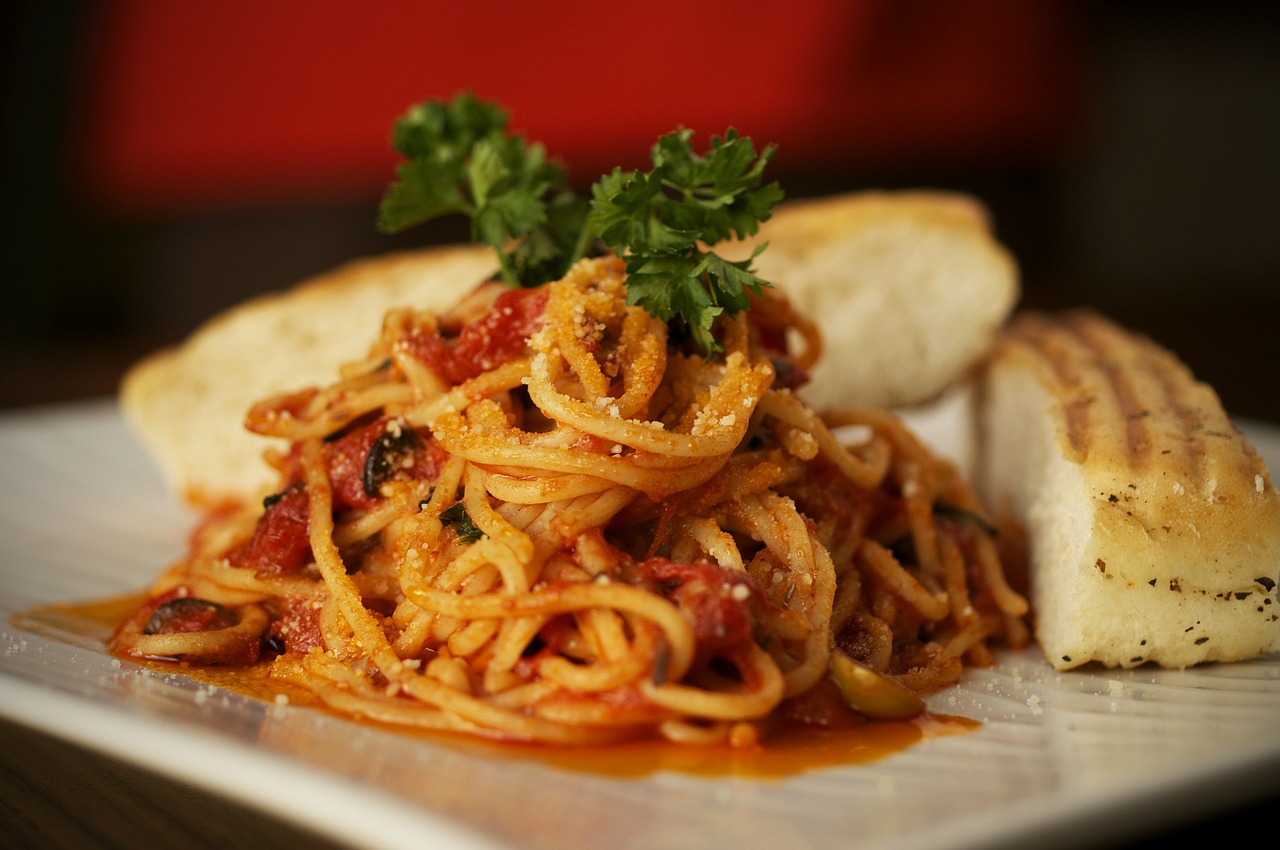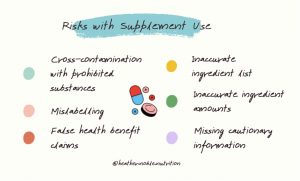by Heather Noble, RD
What is carb-loading?
A carbohydrate loading diet, or carb-loading diet, is a strategy commonly used by endurance athletes on the days leading up to an event where very high amounts of carbohydrates are consumed, thereby increasing the amount of stored glycogen in the body in order to improve athletic performance.
Carb-loading is achieved through increasing the amount of carbohydrates in the diet to approximately 70% of total intake combined with tapered exercise. Carbohydrates are the primary source of fuel source during prolonged exercise- such as marathons, triathlons, cycling, etc. Additional to carb-loading, exogenous forms of carbohydrate (sports gels, drinks, bars, etc.) should also be consumed periodically during these prolonged events to help replenish your body’s energy and maintain exercise intensity. If you are relying on course nutrition during your race or event, remember to practice using these specific products during training sessions ahead of time to make sure they are well tolerated.
The evolution of carb-loading
The carb-loading protocol has evolved significantly over the years. The original approach dates back to 1960s where it was believed a glycogen “depletion phase” (very low carb diet + hard training) was necessary to precede a carb-loading phase (very high carb diet + tapered training) in order to achieve a supercompensation effect. In the 1980s, researchers discovered that the depletion phase was not necessary in order to achieve the same increase in glycogen storage from a very high carb diet. Newer research in the early 2000s also found that carb-loading for 24-36 hours achieved the same increase in glycogen as a longer duration (>36 hours) carb-loading period. Carb-loading has been seen to almost double the amount of glycogen when combined with tapered exercise.
How many grams of carbs do you need?
Carb-loading does not necessarily mean that the athlete needs to consume more energy in a day, but rather a greater percentage of energy is coming from carbohydrates. It is recommended for endurance athletes to consume approximately 8-12 g/kg per day of carbohydrates (or roughly 70% of total energy intake). For example, a 70 kg male athlete should aim to consume 560-840 g of carbohydrates/day for 24-36 hours before the race.
Moderate amounts of protein should still be consumed to support recovery, muscle protein synthesis, and help with satiety. Fat intake should be reduced in order to maintain energy balance. A low fiber diet 12-24hr before the race is also recommended in many cases where athletes struggle with digestive discomfort (gas, bloating, cramps etc.). High fiber foods include vegetables, dried fruit, nuts and seeds, avocados, whole grains, etc. Other carbohydrates including beans, bran and broccoli can cause gas, cramps, bloating and other GI problems if taken too close to the event.
Is carb-loading just as effective for female athletes?
Yes! Females can store carbohydrates just as effectively as men if they consume adequate carbohydrates and energy. Adequate energy and carbohydrates are essential in order to be stored, otherwise they are used for immediate energy. Some researchers suggest that females may have impeded glycogen storage due to their increased likelihood of decreased energy availability and lower overall intakes compared to men. There are however, small differences in glycogen storage in women throughout the menstrual cycle.
The pre-event meal
The main purpose of the pre-event meal is to avoid hunger during the race, avoid GI discomfort, top up glycogen stores and support optimal performance. It should ultimately promote fuelling and hydration goals without compromising gut comfort. Choose foods high in carbohydrates, low in fiber and fat, and moderate amounts of protein for your pre-event meal.
Sports nutrition guidelines recommend consuming a carbohydrate-rich meal (1-4 g/kg BM) between 1-4 hours before the event. For example, a 50 kg female marathon runner should aim to consume 50-200 g of carbohydrates between 1-4 hours before the start of the race. This range in carbohydrates is very large and will depend on how well the athlete can tolerate different amounts. Athletes must also consider event logistics, the timing of the event and time of day, and must practice their nutrition before race day to make sure it is properly tolerated. Work with a professional or Registered Dietitian to help create an individualized race day nutrition plan.
Pre-event meal examples:
- Breakfast cereal with low fat milk and fruit
- Pancakes with fruit and low-fat Greek yogurt
- Toast with peanut butter
- Low fat muffin and hard-boiled eggs
- English muffin with banana and honey
A few reminders:
- Make a nutrition plan for the days leading up to your race!
- Remember if you are relying on course nutrition during your race to practice taking those specific products to make sure they can be tolerated.
- Don’t try anything new for the couple days before or the morning of your race.
- Work with a Registered Dietitian to adapt carb-loading and race preparation guidelines to your individual dietary goals and needs.



